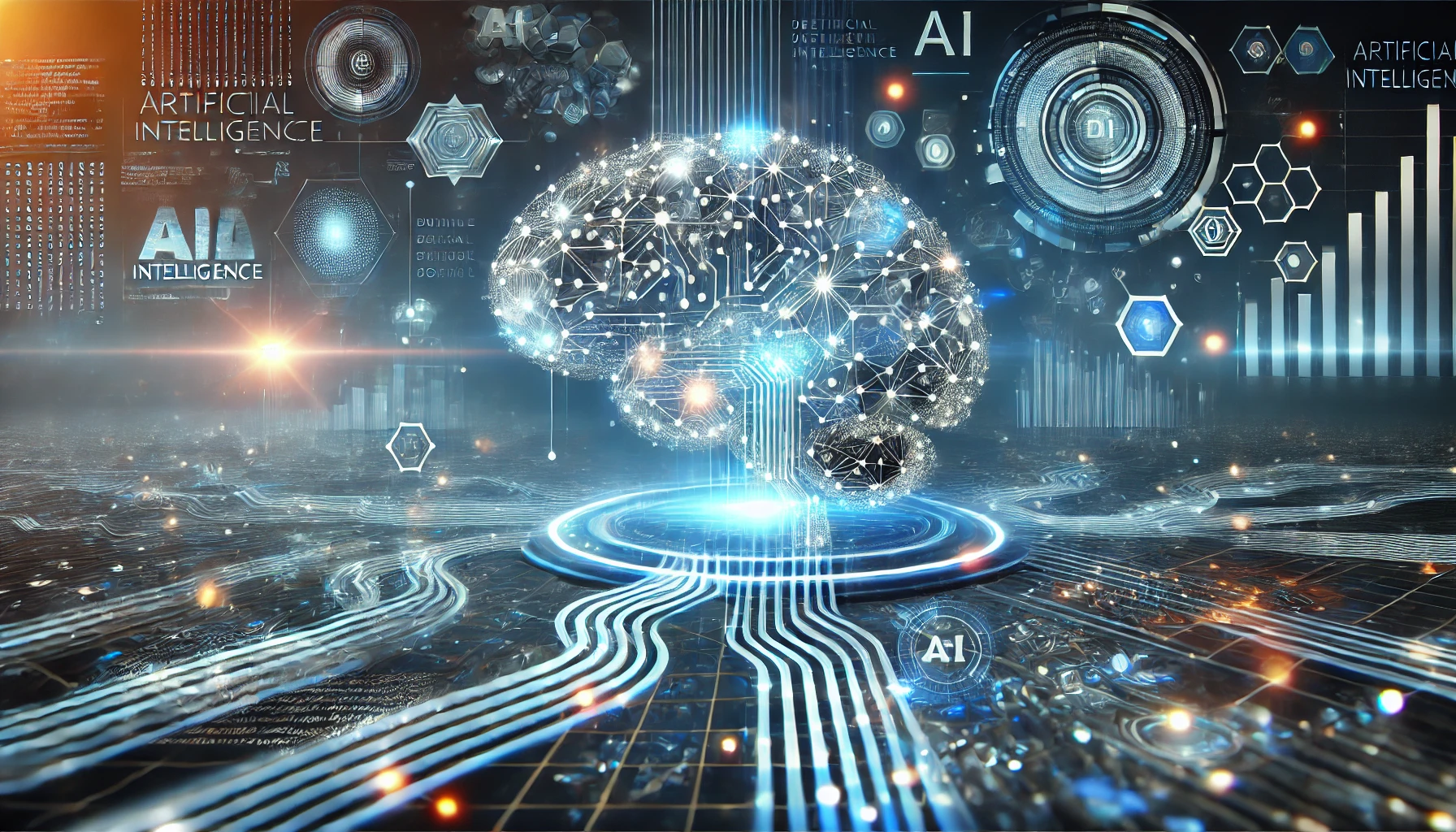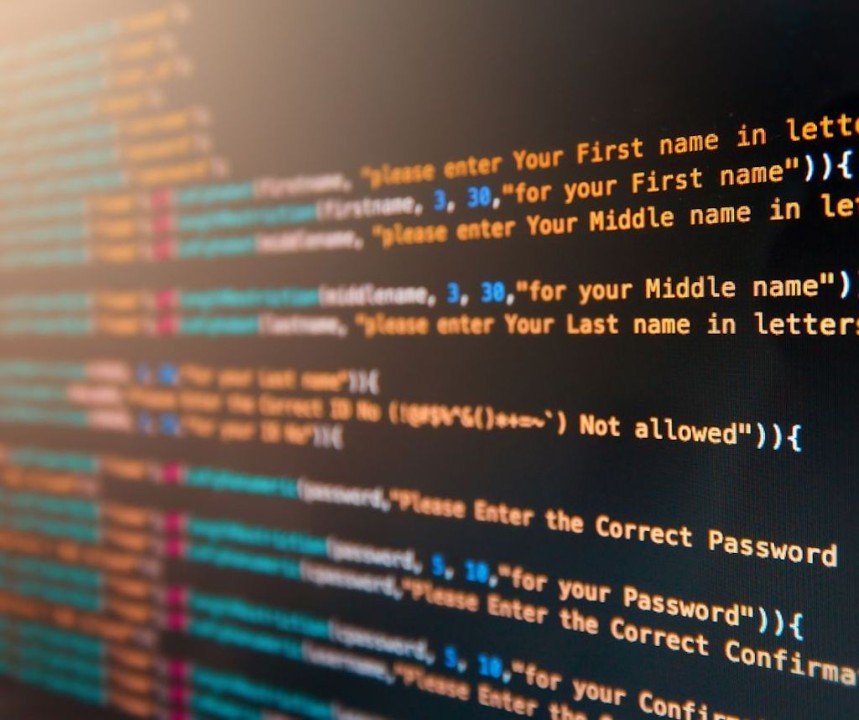From data breaches to sophisticated ransomware attacks, companies and organizations in a world becoming more and more digital face a growing number of cyber risks. Including artificial intelligence (AI) into network security has become a game-changer as a way to fight these continually evolving hazards.
Organizations these days are better suited than ever to safeguard their sensitive data and maintain compliance thanks to AI’s ability to examine large quantities, identify anomalies, and respond to threats in real-time.
How AI Transforms Network Security
The capacity of artificial intelligence to spot risks that conventional security systems would overlook is among its most important benefits for network security. AI is more flexible and proactive since traditional security solutions depend on predetermined rules and signatures to identify threats while artificial intelligence analyzes patterns and behaviors using machine learning techniques. This is especially important in an environment where new and unidentified dangers emerge daily.
AI-powered security systems, for instance, may examine enormous volumes of network traffic and find anomalies or odd behavior indicative of a possible intrusion. AI can highlight these abnormalities more quickly than a human analyst could by using pattern recognition and predictive analytics. Early threat detection made possible by this proactive approach helps companies minimize damage and downtime.
Automating Threat Detection and Response
AI excels most in the automation of risk detection. Usually operating undetectably for weeks or even months, cyber criminals take advantage of the most minor weaknesses to access systems. Nonetheless, artificial intelligence systems may constantly track network activity and offer 24/7 surveillance without fatigue.
By isolating compromised systems or barring dubious IP addresses, these AI-driven technologies can automatically react to detected threats, thus significantly reducing response times. Automating these chores helps companies free up their cybersecurity teams to concentrate on more difficult problems instead of getting stuck in mundane duties.
Using AI in cyber security also makes it easier for businesses to follow the rules that govern their field. Compliance with laws like GDPR or HIPAA depends on businesses showing appropriate care in safeguarding their customers’ data, which is why automating the identification of unwanted access attempts or data exfiltration helps them demonstrate this.
AI’s Role in Predicting Future Cyber Threats
One of the coolest new things about AI-powered network security is that it can now predict what will happen. AI systems may examine past data and find trends suggesting a possible attack, therefore surpassing basic response to dangers as they arise. By helping companies to strengthen defenses before an assault occurs, this predictive analysis lets them adopt a more proactive approach.
Machine learning models, for instance, can evaluate past cyberattacks’ behavior and forecast which strategies hackers most likely would use going forward. This realization helps businesses to increase their security in fields more likely to be targeted, therefore lowering the possibility of a successful attack.
Maintaining Compliance and Protecting Sensitive Data
Ensuring data security in the modern digital scene is not only a question of security but also of compliance. Companies must satisfy strict legal criteria in order maintain trust and protect consumer data. By automating monitoring and reporting, AI-driven cybersecurity solutions are absolutely essential in preserving compliance.
Using artificial intelligence can help companies better protect private information, thus keeping ahead of legal requirements. AI can create comprehensive analyses of network activity, bring up possible hazards, and guarantee appropriate application of security policies. Along with improving data security, this proactive strategy simplifies compliance.
Including artificial intelligence into cybersecurity solutions also helps companies stay free from the severe fines connected with data leaks. AI-driven compliance technologies help establish confidence with consumers and partners in a future where damage to reputation may be as catastrophic as financial loss.
Conclusion: AI’s Continued Impact on Network Security
The urgency of sophisticated security measures rises as cyberattacks get more complex. AI has proven to be a great instrument for changing how companies safeguard their digital resources. From threat detection and response automation to future cyber threat prediction, artificial intelligence is enabling companies stay one step ahead of cybercrime.





